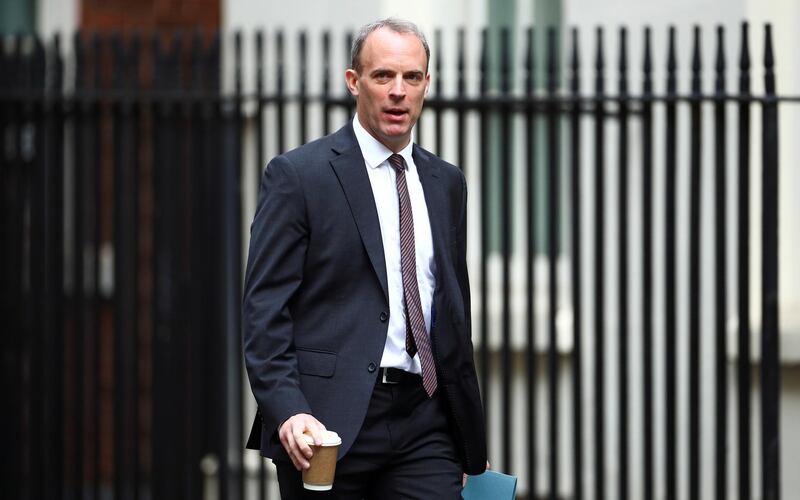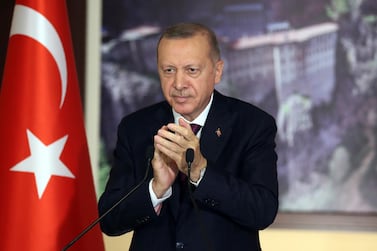The British government has accused Russia of a series of hacks against sensitive and valuable information including research on a Covid-19 vaccine just as a long-delayed report on the Kremlin's political influence was cleared for publication.
A statement from the Foreign Office also said Russia attempted to meddle in the 2019 general election by leaking sensitive documents over a trade deal with the US. The British government suggested sanctions could be potentially used against Moscow in the future as a result of the incident.
A government investigation found that Russia repeatedly tried to interfere in the election won by Boris Johnson’s Conservative Party by “illicitly” obtaining the papers and spreading them online via social media platform Reddit.
Meanwhile the Intelligence and Security Committee said its 2019 report into how the Kremlin exerts influence over British politics would be published as early as next week. The report has not been available since Downing St refused to allow the committee to publish it prior to the December election campaign.
Alongside the US and Canada, British security officials pointed the finger of blame at Russia for alleged efforts to steal Covid-19 vaccine research from around the world.
The three nations alleged that hacking group APT29, also known as Cozy Bear, and said to be part of the Russian intelligence service, is attacking academic and pharmaceutical research institutions involved in coronavirus vaccine development.
“It is completely unacceptable that the Russian Intelligence Services are targeting those working to combat the coronavirus pandemic," Mr Raab said.
“While others pursue their selfish interests with reckless behaviour, the UK and its allies are getting on with the hard work of finding a vaccine and protecting global health.
“The UK will continue to counter those conducting such cyber attacks, and work with our allies to hold perpetrators to account.”
In response, Kremlin spokesman Dmitry Peskov rejected both the election and vaccine claims.
e have no information on who could have hacked pharmaceutical companies and research centres in Britain," he told the TASS news agency.
"We can only say this: Russia has nothing to do with these attempts. We do not accept such accusations nor the latest groundless allegations of interference in 2019 elections."
Britain’s National Cybersecurity Centre issued a joint advisory with authorities in the US and Canada.
A 16-page advisory on Thursday accused Cozy Bear of using custom malicious software to target a number of organisations globally. The malware, called WellMess and WellMail, has not previously been associated with the hacking group, the advisory said.
“In recent attacks targeting COVID-19 vaccine research and development, the group conducted basic vulnerability scanning against specific external IP addresses owned by the organisations. The group then deployed public exploits against the vulnerable services identified,” the advisory said.
The 🇬🇧 stands with 🇺🇸 & 🇨🇦 against the reckless actions of Russia’s intelligence services, who we have exposed today for committing cyber attacks against those working on a #Covid19 vaccine - undermining vital 🌎 cooperation to defeat this pandemic https://t.co/6nIq8Nu5Iz
— Dominic Raab (@DominicRaab) July 16, 2020
Relations between London and Moscow hit a post-Cold War low in 2018 when Britain blamed Moscow for trying to kill former double agent Sergei Skripal with a Soviet-developed nerve agent on British soil.
Foreign Secretary Dominic Raab said that when the documents made little impact, further efforts were made to promote illegally obtained material.
"It is almost certain that Russian actors sought to interfere in the 2019 General Election through the online amplification of illicitly acquired and leaked Government documents, he said.
"While there is no evidence of a broad-spectrum Russian campaign against the General Election, any attempt to interfere in our democratic processes is completely unacceptable," Mr Raab said. "The government reserves the right to respond with appropriate measures in the future."








